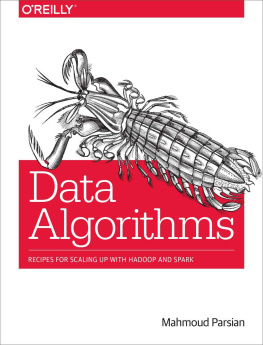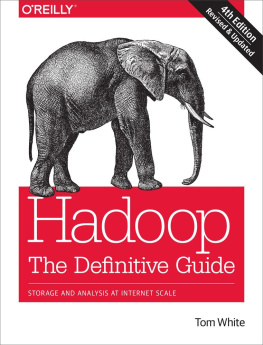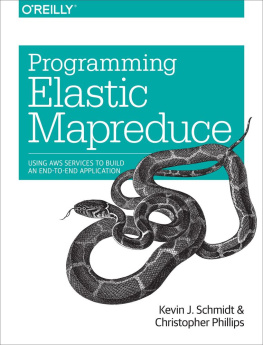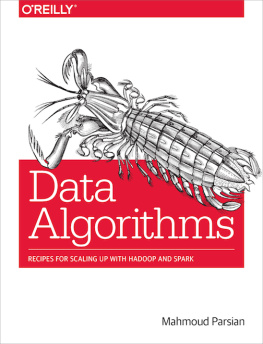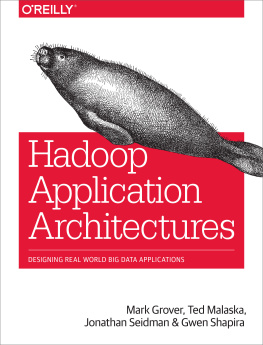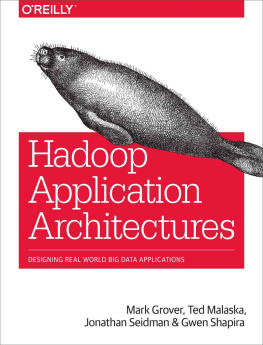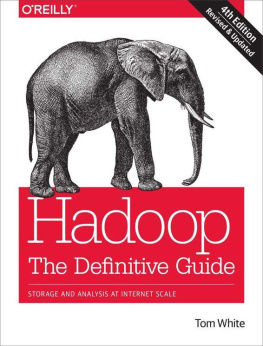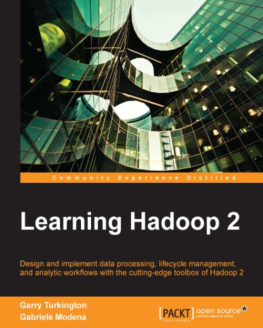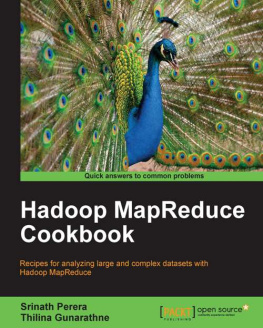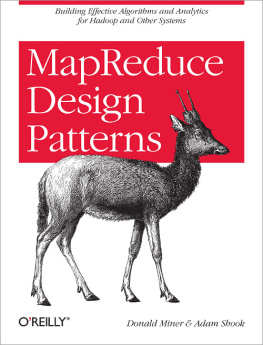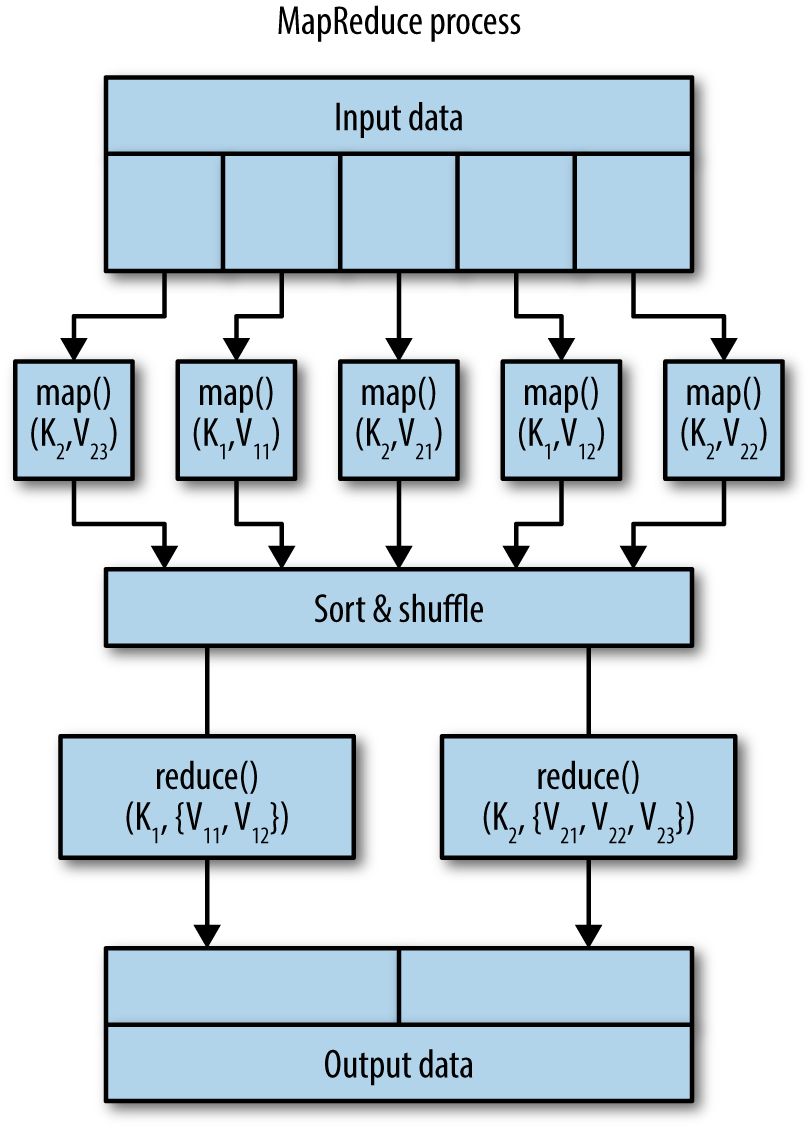Mahmoud Parsian - Data Algorithms: Recipes for Scaling Up with Hadoop and Spark
Here you can read online Mahmoud Parsian - Data Algorithms: Recipes for Scaling Up with Hadoop and Spark full text of the book (entire story) in english for free. Download pdf and epub, get meaning, cover and reviews about this ebook. year: 2015, publisher: OReilly Media, genre: Home and family. Description of the work, (preface) as well as reviews are available. Best literature library LitArk.com created for fans of good reading and offers a wide selection of genres:
Romance novel
Science fiction
Adventure
Detective
Science
History
Home and family
Prose
Art
Politics
Computer
Non-fiction
Religion
Business
Children
Humor
Choose a favorite category and find really read worthwhile books. Enjoy immersion in the world of imagination, feel the emotions of the characters or learn something new for yourself, make an fascinating discovery.
- Book:Data Algorithms: Recipes for Scaling Up with Hadoop and Spark
- Author:
- Publisher:OReilly Media
- Genre:
- Year:2015
- Rating:4 / 5
- Favourites:Add to favourites
- Your mark:
Data Algorithms: Recipes for Scaling Up with Hadoop and Spark: summary, description and annotation
We offer to read an annotation, description, summary or preface (depends on what the author of the book "Data Algorithms: Recipes for Scaling Up with Hadoop and Spark" wrote himself). If you haven't found the necessary information about the book — write in the comments, we will try to find it.
If you are ready to dive into the MapReduce framework for processing large datasets, this practical book takes you step by step through the algorithms and tools you need to build distributed MapReduce applications with Apache Hadoop or Apache Spark. Each chapter provides a recipe for solving a massive computational problem, such as building a recommendation system. Youll learn how to implement the appropriate MapReduce solution with code that you can use in your projects.
Dr. Mahmoud Parsian covers basic design patterns, optimization techniques, and data mining and machine learning solutions for problems in bioinformatics, genomics, statistics, and social network analysis. This book also includes an overview of MapReduce, Hadoop, and Spark.
Topics include:
- Market basket analysis for a large set of transactions
- Data mining algorithms (K-means, KNN, and Naive Bayes)
- Using huge genomic data to sequence DNA and RNA
- Naive Bayes theorem and Markov chains for data and market prediction
- Recommendation algorithms and pairwise document similarity
- Linear regression, Cox regression, and Pearson correlation
- Allelic frequency and mining DNA
- Social network analysis (recommendation systems, counting triangles, sentiment analysis)
Mahmoud Parsian: author's other books
Who wrote Data Algorithms: Recipes for Scaling Up with Hadoop and Spark? Find out the surname, the name of the author of the book and a list of all author's works by series.

